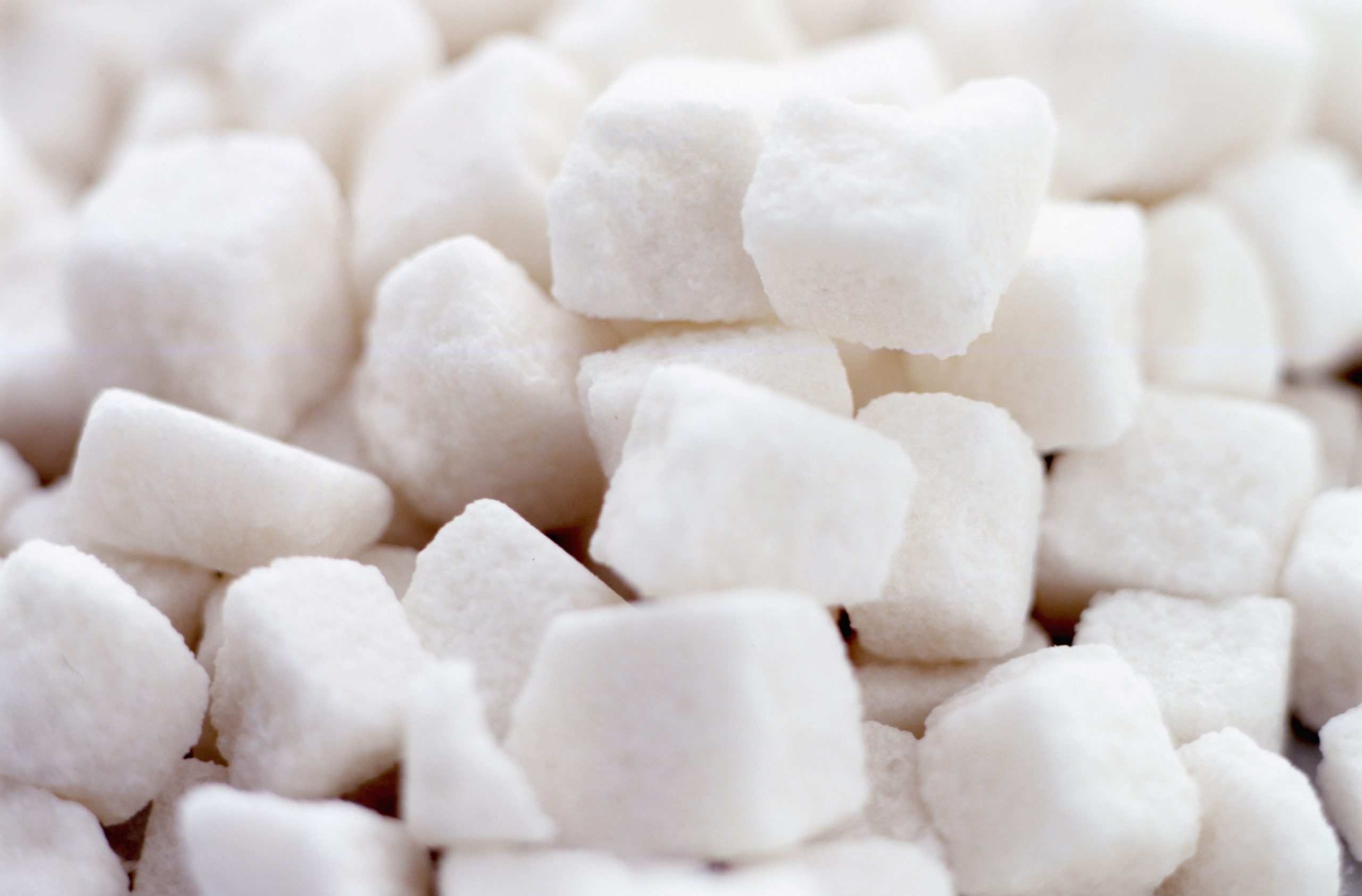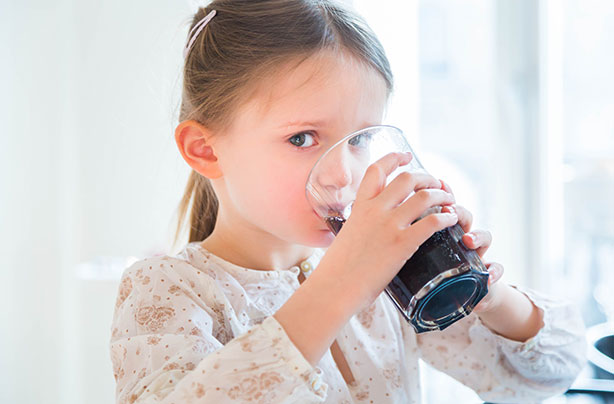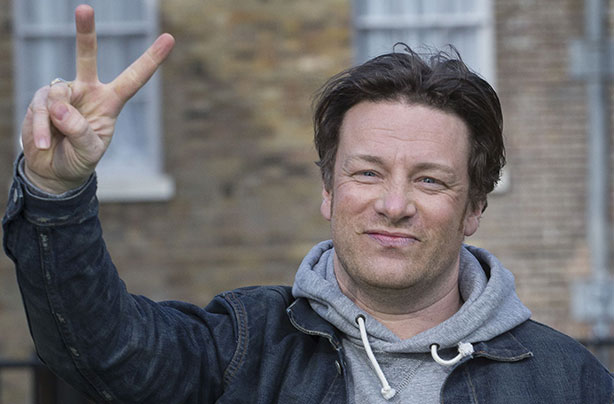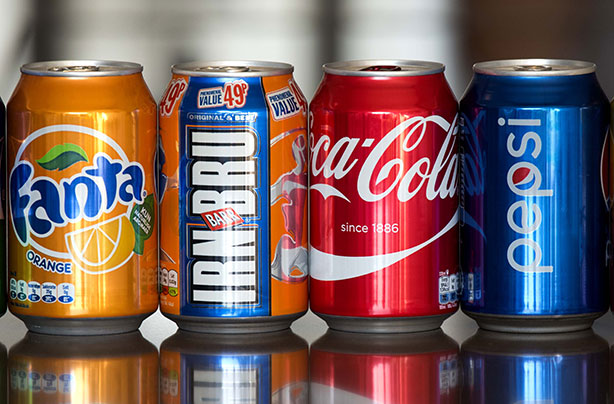Sugar tax: Everything you need to know
First announced by former chancellor George Osborne in his budget statement back in 2016, the sugar tax came into force on April 6 2018 in an attempt to curb rising levels of childhood obesity and tooth decay.

First announced by former chancellor George Osborne in his budget statement back in 2016, the sugar tax came into force on April 6 2018 in an attempt to curb rising levels of childhood obesity and tooth decay.
We've all seen the prices creeping up on sugary products such as fizzy drinks, and know that chef Jamie Oliver has been one of the campaigns most vocal advocates, but what else do you actually know about the sugar tax?
Here’s everything you need to know...
What is sugar tax?
The sugar tax, also known as The Soft Drinks Industry Levy, is a tax on soft drinks that contain high levels of added sugar. Manufacturers who make products containing between 5g-8g of added sugar will have to pay 18p for every 100ml they produce. While soft drink companies with 8g or more of sugar will pay 24p per 100ml.
While the sugar tax may affect your favourite drinks as some brands have altered their recipes, it will not necessarily affect consumers financially.
The money from the tax in England will go to the Department for Education to be invested back into schools sports and breakfast clubs.

What has the sugar tax achieved so far?
Since its announcement two years ago, many brands made sure that they reduced the amount of sugar in their products before the levy came into full effect, in order to avoid paying the extra tax.
GoodtoKnow Newsletter
Parenting advice, hot topics, best buys and family finance tips delivered straight to your inbox.
This means that the expected revenue from the levy dropped from about £500million a year to £275million.
This drop in revenue, while it is not as much as hoped to invest back into children’s health, means that the sugar tax is being hailed as a success by many because companies – like Irn Bru, Britvic, who produce Robinson’s, J20 and Fruit Shoot, Ribena and Lucozade – have cut the sugar content from their products.
What’s next for the sugar tax?
Not content with stopping at just adding tax to sugary drinks, celebrity chef Jamie Oliver is now campaigning to extend the levy to include milk drinks.
Appearing alongside fellow chef Hugh Fearnley-Whittingstall in front of the House of Commons' Health and Social Care Committee earlier this week, Jamie praised the impact of the current sugar tax, but suggested it could go further.
He said: ‘I definitely don't think we should overuse taxing without really, really rigorous data and measurement.
‘But, I think there is some logic in opening out to milk products.’
Jamie brought along a bottle of strawberry Yazoo to demonstrate how ‘absolutely jam-packed full of additives and sugar’ milk drinks are, yet they are excluded from the sugar levy.

According to his calculations, Jamie said that a bottle of Yazoo contains nine teaspoons of sugar, and Mars’ milk drink contains 10 teaspoons in one bottle!
In response to Jamie’s comments a Mars spokesperson said: ‘We are committed to supporting the health and wellbeing of our consumers.
‘The majority of our milk-based drinks have already been reformulated with no added sugar. We have made significant progress since 2011 and now over 50% of our milk-based drinks have no added sugar. We have an ambition that by mid-2019, 100% of our milk-based drinks portfolio will have no added sugar.’
Who supports the sugar tax?
It should come as no surprise that Jamie Oliver is probably the most vocal campaigner, calling it ‘one of the most important and symbolic moments so far in the fight to protect our kids against diet-related disease.’
Some consumers are also behind the levy, with one person posting on Twitter: ‘Fully support the #sugartax. If we're to tackle obesity in this country then we need to take it seriously.’
Another said: ‘I’m right behind the new #sugartax if it stops as many people buying unhealthy drinks etc and putting that waste back out into the world then I’ll support it. I just hope it has a decent affect.’
Other countries have followed suit and introduced similar measures which have seen some success in reducing the amount of fizzy drinks consumed.
Hungary brought in a tax on the drinks companies and saw a 40 per cent reduction in the amount of sugar in the products.

Who is against the sugar tax?
The tax has been met with furious resistance from some quarters with opponents saying it will hit the poor hardest as it has the potential to significantly bump up the cost of some drinks, adding around 50p to the price of a large bottle of Coke, or 8p to that of a can.
Some consumers are also arguing that the government should not interfere in what they consider to be a personal choice and many resent being taxed for something which causes no harm if eaten in moderation.
One Twitter user protested: ‘The #sugartax is a total joke. Can people really not just say no? If I fancy a Coke after work or after the gym, why am I being taxed for it?’
Another said: Having a “sugar tax” on sugary drinks isn’t going to stop obesity. How about making healthy food cheaper and making them more available for people who are on lower incomes? Putting tac on everything isn’t helpful while the healthier food is much more expensive.’
And there is even a People Against Sugar Tax campaign group who are opposed to the levy because they believe it's an unfair tax burden on lower-income households.
Founded by Brook Whelan in August 2015, they believe the tax will make no difference to tackling obesity.
A Freelance Writer and Content Editor, Jenni has been working on the women's lifestyle team at TI-Media on and off for over three years. She writes about your favourite celebrities and TV shows so you never miss an update. Jenni also writes beauty news and features - so for all of your skincare and make-up needs, drop her a line.